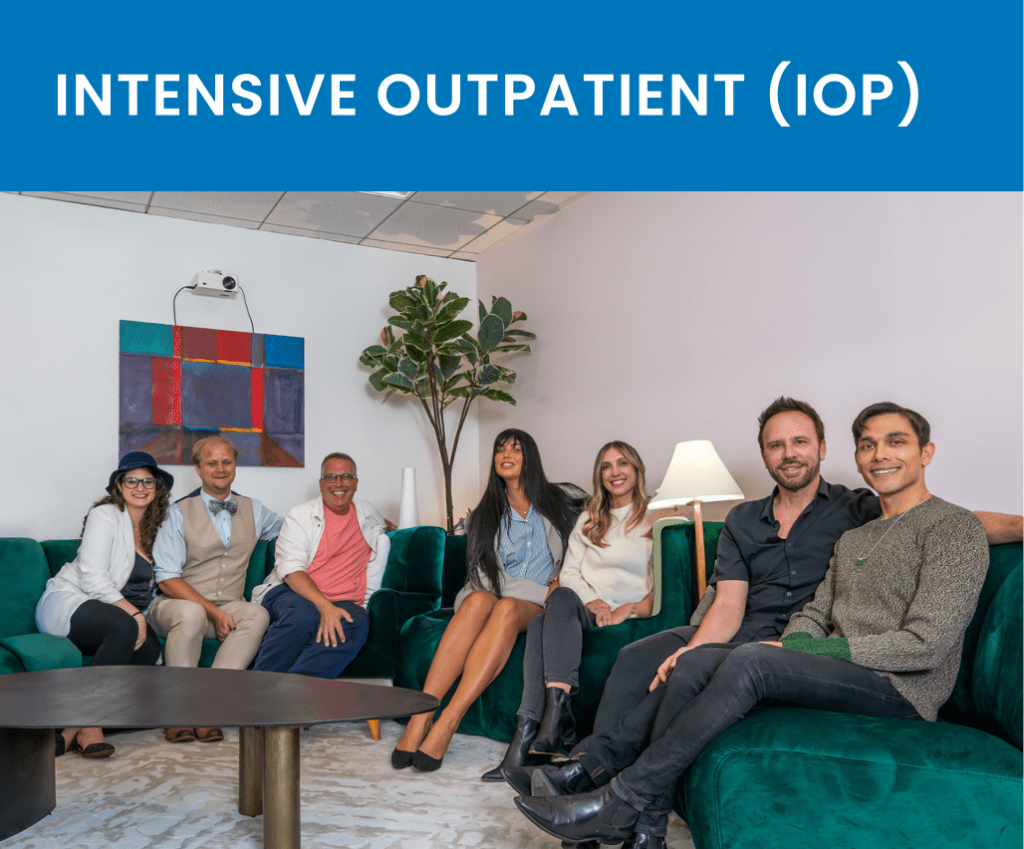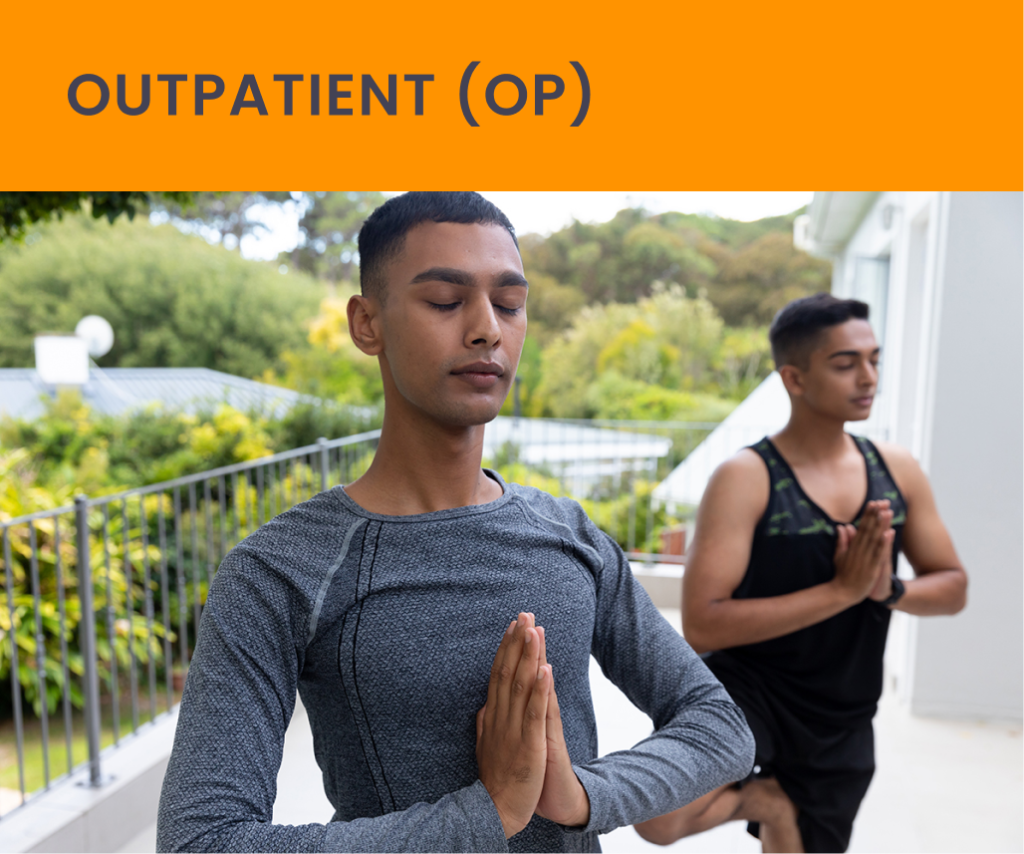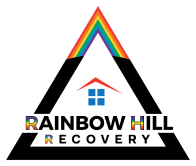Treatment Programs
Treatment Programs at Rainbow Hill Recovery offer comprehensive support for substance use disorders. Our Intensive Outpatient (IOP) program provides therapy and support while individuals live at home or sober living. Our Partial Hospitalization Program (PHP) offers structured treatment with therapy, education, and psychiatric support. Our Outpatient (OP) program provides flexible therapy with a la carte services.

A Partial Hospitalization Program is an intensive outpatient treatment option designed to support individuals struggling with substance use disorder. It provides a structured and supportive environment while allowing individuals to live at home or in a sober living facility.
PHP offers a comprehensive range of services, including individual and group therapy, addiction education, relapse prevention strategies, and psychiatric support. It aims to help individuals develop coping skills, address underlying issues contributing to substance use, and promote long-term recovery.
Participants attend the program during the day, typically for five days a week, for several hours each day. They engage in therapy sessions, participate in educational activities, and learn practical skills to manage cravings and triggers. PHP offers a higher level of care than standard outpatient programs, providing more intensive support and monitoring.
Full-day programming
- 4.5 hours of treatment/day for 5 days/week
- 2 individual sessions/week
- 1 family (chosen or biological) session/week or as needed.
- 2-4 Psychiatry appointments /month

Intensive outpatient treatment for substance use disorder is a structured program that provides comprehensive therapy and support while allowing individuals to live at home. It involves regular sessions that focus on various aspects of recovery, including counseling, education, relapse prevention, and skills development.
This approach offers a more flexible alternative to residential treatment while still providing intensive care and monitoring. It promotes sobriety, teaches coping mechanisms, and fosters a supportive community, ultimately helping individuals overcome substance abuse in a short-term, yet impactful manner.
IOP5 – Full-day programming
- 3-4.5 hours of treatment/day for 5 days/week.
- 1 individual session/week
- 1 family (chosen or biological) session/week
- 2-4 Psychiatry appointments /month
IOP3 – Full-day programming
- 3-4.5 hours of treatment/day for 3 days/week.
- 1 individual session/week
- Up to 1 family (chosen or biological) session/week if needed
- 1-3 Psychiatry appointments /month

- Outpatient treatment for substance use disorder (SUD) refers to a form of therapy or rehabilitation that does not require overnight stays at a treatment facility.
Instead, individuals receive treatment during scheduled appointments and then return home to continue their daily activities.
OP treatment typically involves counseling, group therapy, medication management, and other supportive services tailored to address the specific needs of individuals struggling with substance abuse. It offers flexibility, allowing individuals to maintain regular routines while receiving the necessary support to overcome addiction. - 1 hour of treatment/day for 3 days/week.
- May include 1 individual session/week.
